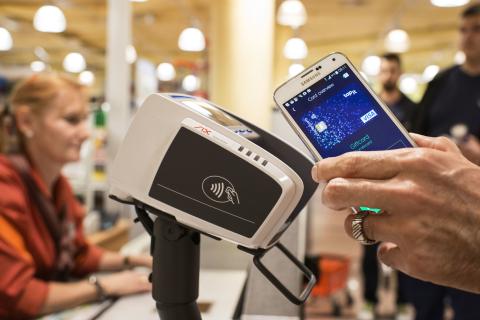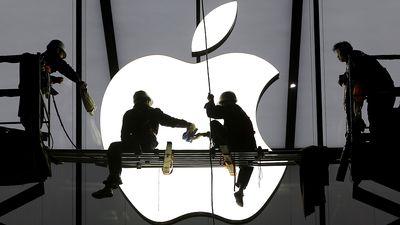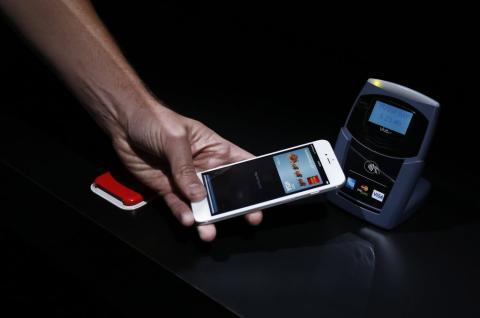Contactless payments are an ever-increasing part of our daily lives
Despite the reluctance of some retailers, the trend towards so-called "cashless" payment is well and truly underway! We're increasingly paying with our phones, mobile or contactless payments. For just over 2 years, a Swiss mobile payment application called Twint has been on the market. Not only does it enable you to make payments at any establishment equipped with the system, it also simplifies the exchange of money between two private individuals. Although the application got off to a slow start, it has now been adopted by 74 banks. It also seems to have won over consumers, since it has been downloaded almost two million times in our country. However, Twint does not disclose the number of actual users of the application. Giants such as Apple, Samsung and Google have also entered the Swiss market with their own payment apps, all three of which require users to register a credit card with them in advance. For Eric Filiol, Director of Research in Information Security, it's important to keep an eye on who's behind these new payment systems. Although they make our lives easier, the specialist reminds us that they are first and foremost commercial enterprises seeking to make a profit by offering these services. What happens to our data? Stéphane Fontanet takes a close look at the terms and conditions of these applications. It is possible to block the transmission of our personal information, by adjusting certain parameters. In Switzerland, despite the advent of payment applications, 70% of transactions are still made in cash. In China, facial recognition for payment seems to pose no problem. Experts even predict that cash could disappear completely from the country by 2030. In Hong Kong, on the other hand, protesters are wary of electronic payments, for fear of being traced!










